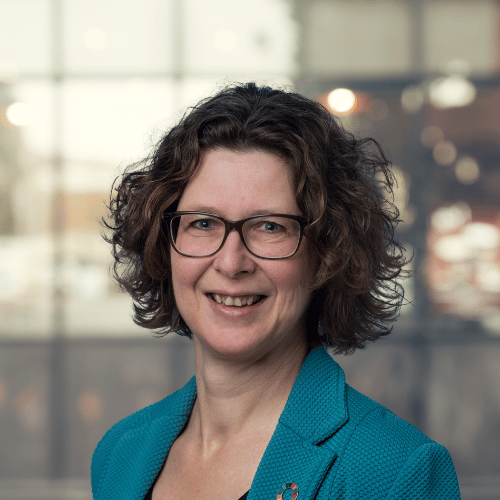
Making cities and transport climate adaptive
How can we prevent heavy showers, floods or extreme heat from completely disrupting the city? In cities especially, we are seeing that the effects of climate change and other major events can be hugely disruptive. How do we keep cities liveable and accessible even during unexpected incidents? What do we need to do this and how can municipalities prepare?
Mobility and climate change
How can we ensure that transport networks (road, rail and water) are more resilient to the negative effects of climate change? And how can we limit the 'recovery time' after heavy rainfall or extreme heat?
Climate change has regularly led to major disruptions to our road network in recent times. Delays (or worse) are also regularly experienced on the railways and on the rivers, which underlines the need to build climate-robust infrastructure. The challenge is to determine which measures are effective and efficient. TNO examines the effectiveness of nature-inclusive designs and 'nature-based solutions', among other things.
Why TNO?
- TNO supports companies that develop products and services to make the Netherlands more climate-adaptive. We do this with data, insights and smart models. By working together, innovations become available to society more quickly on a large scale.
- TNO also supports governments in preparing themselves well: through insights and innovative approaches, we help to limit damage and government money is used as efficiently as possible.
Get inspired
TNO signs MoU with leading Korean knowledge institutes to accelerate the development of smart cities
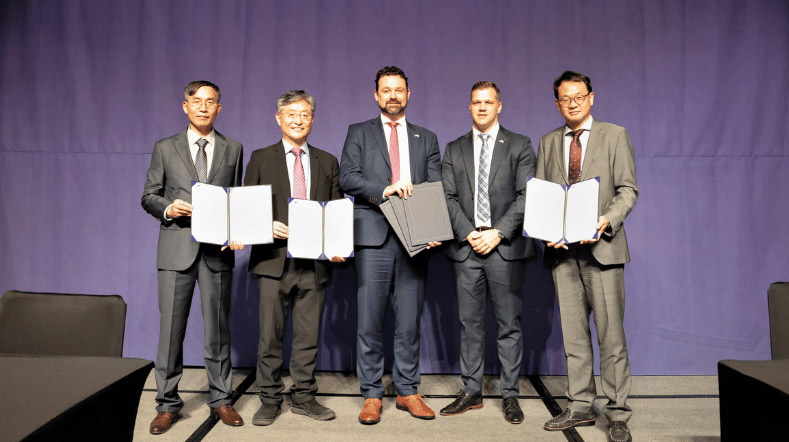

TNO a partner of the ‘A smart city, that’s how you do it’ City Deal
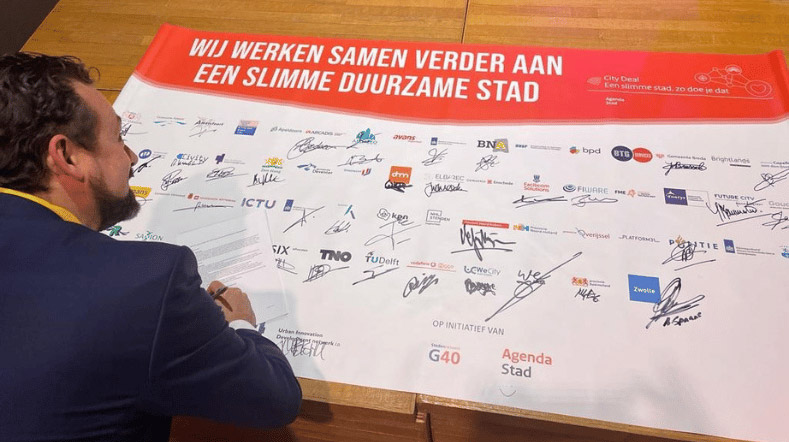

TNO and TECNALIA collaborate on Digital Twins for Smart & Sustainable Cities
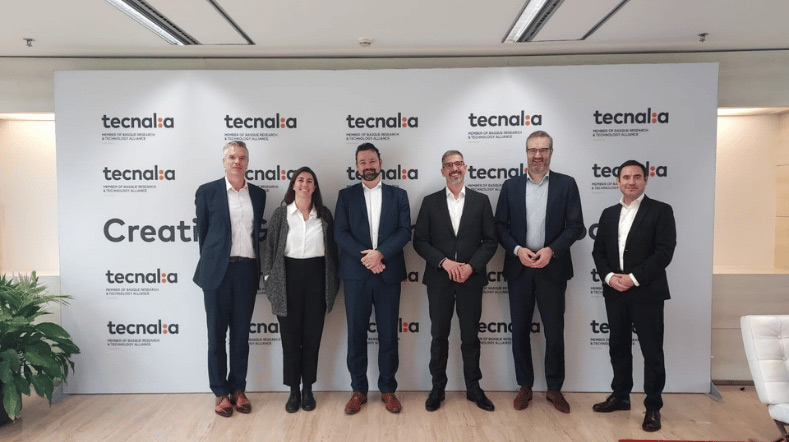

Partnership ‘Overall Well-being’ Ministry of Infrastructure and Water Management and TNO
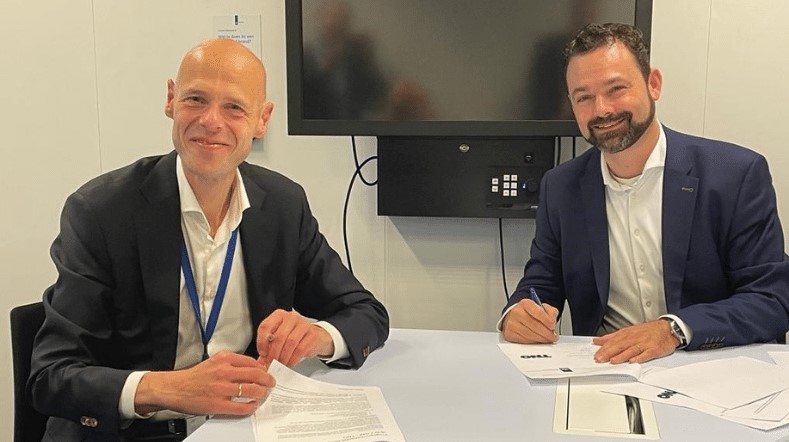

Open call for European SMES and start-ups


